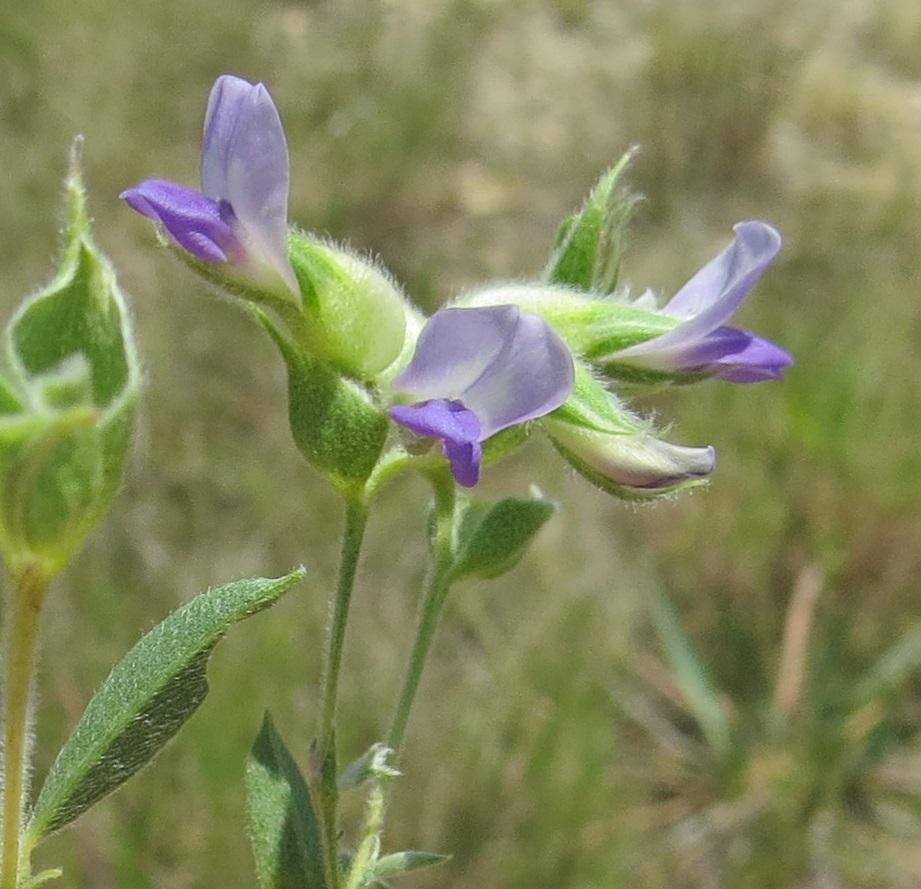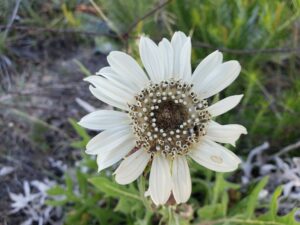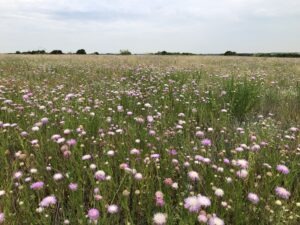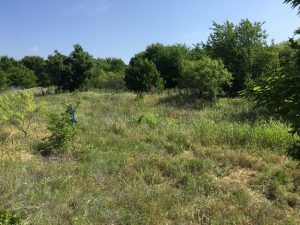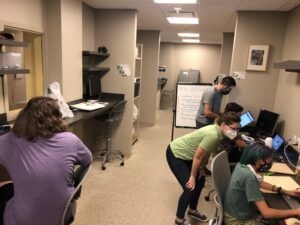TxDOT will use maps to find, protect rare plants along Texas highways
FORT WORTH, Texas – The Botanical Research Institute of Texas (BRIT®), Tarleton State University, and the Texas Department of Transportation are teaming together to document rare plant species that may potentially exist within TxDOT rights-of-way in 23 counties in the Waco and Austin districts of Central Texas.
Through a TxDOT grant, Tarleton and BRIT will research and build habitat maps for 57 of the 81 Edwards Plateau rare plant species. The work includes identifying, documenting, and mapping areas where these rare species most likely occur. TxDOT will use these maps to improve the department’s ability to protect the rare species, which grow along Texas highways.
For several of these species, roadsides represent a significant portion of the known populations. Conserving these species in their roadside habitat is critical to their survival. For many of these species, the difference in land management practices between roadsides and the adjacent private properties are so great that plants thrive in road rights-of-way and are completely absent on the other sides of the fence.
“This project is important from two standpoints,” says Dr. Darrel Murray, adjunct professor in Tarleton’s Department of Wildlife, Sustainability, and Ecosystem Sciences. “First, from a collaboration standpoint, this project fits into the intent of the Memorandum of Understanding (MOU) signed by Tarleton State University and BRIT in January of this year promoting common interests in education, research, and service to the public. Second, from a conservation standpoint, if we locate rare plant species within TxDOT rights-of-way, these areas may be managed differently, with less disturbance, or with some form of mitigation.”
BRIT researchers will examine specimens of these plants on file in BRIT’s Fort Worth-based herbarium, noting species habitat and the geographical locations where the plants were found. Researchers also will study the plants’ environmental requirements including ecological associations, or what other plant species or communities these plants are known to coexist with, to better understand plant habitat needs and preferences.
The data compiled from the study then will be sent to a Tarleton Geographic Information System (GIS) specialist to do the mapping, highlighting potential locations where these plants most likely occur. Sites where potential species locations and TxDOT rights-of-way overlap will be of specific concern. Where these exist, BRIT and Tarleton researchers will make site visits for surveys to locate any of the rare plant species that may exist there.
“This important work highlights BRIT’s botanical research capabilities and shows the value of the Institute’s million-plant specimen herbarium,” says BRIT Research Botanist Kim Taylor. “The TxDOT grant allows both BRIT and Tarleton State University to help find and protect Texas’ rare and endangered plants.”
The research is expected to be completed, including site visits, by August 2017.
You can follow BRIT researchers on Facebook and at BRIT’s blog, Phytophilia.

